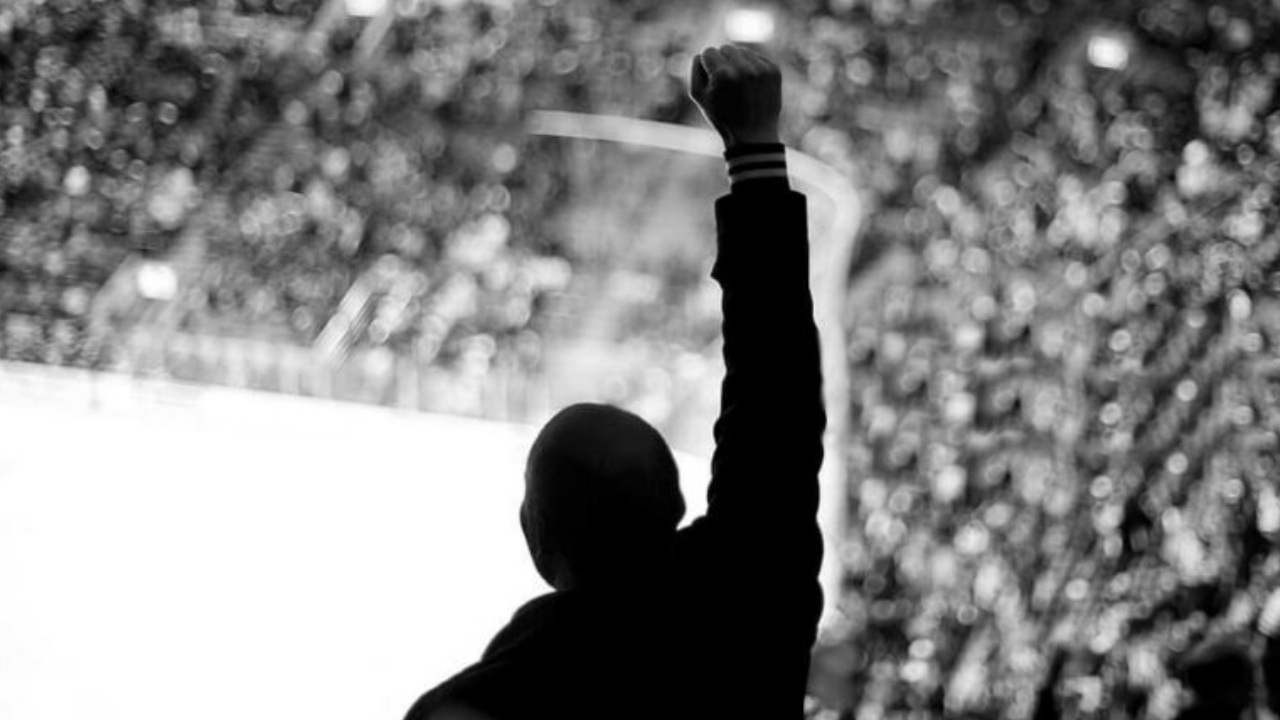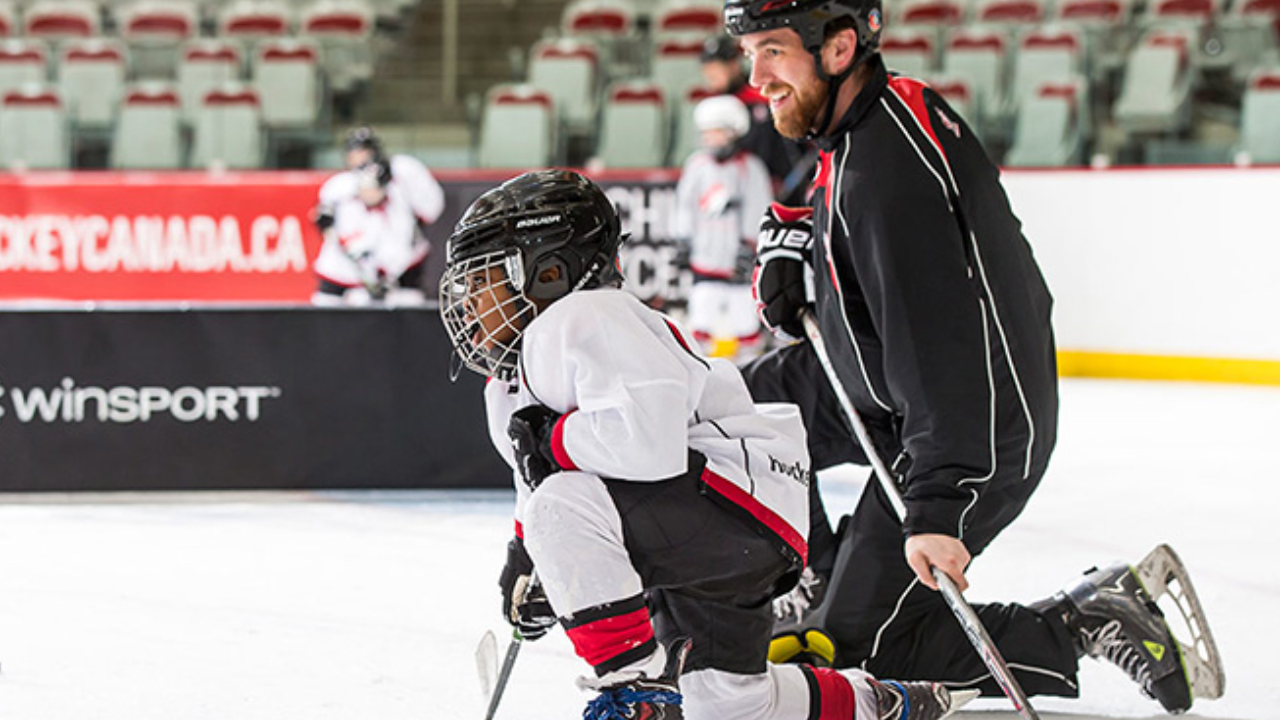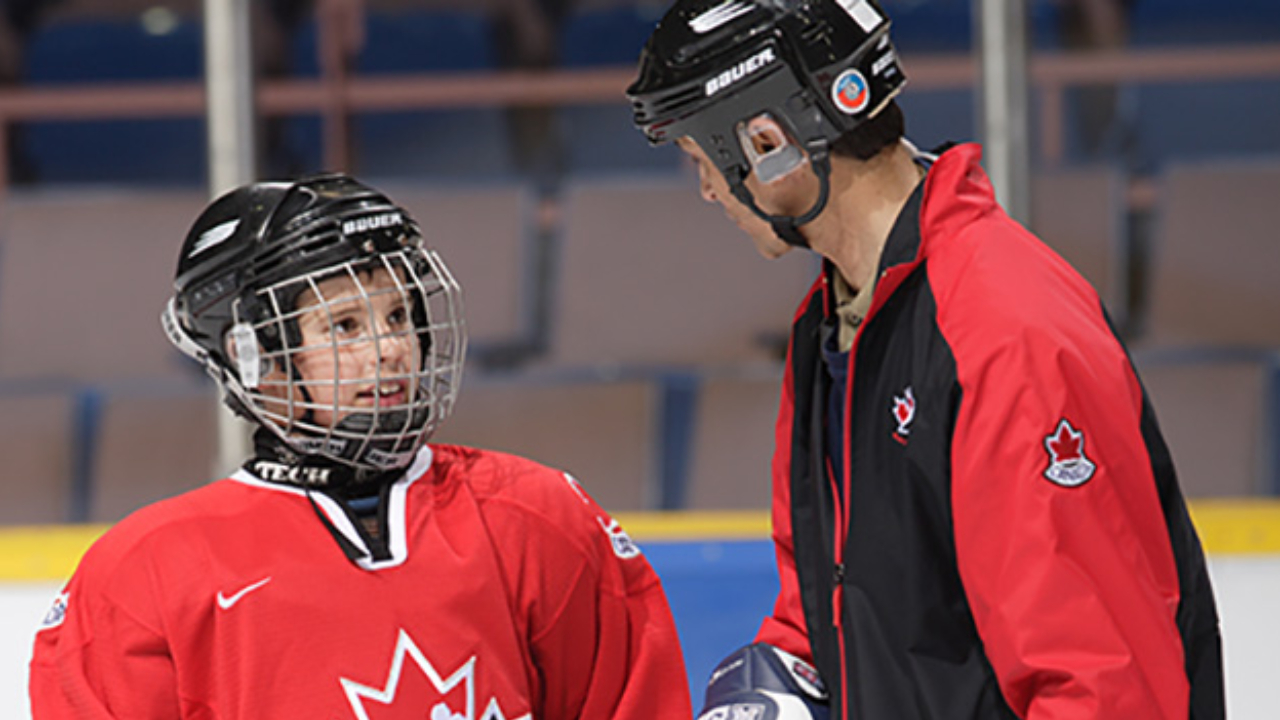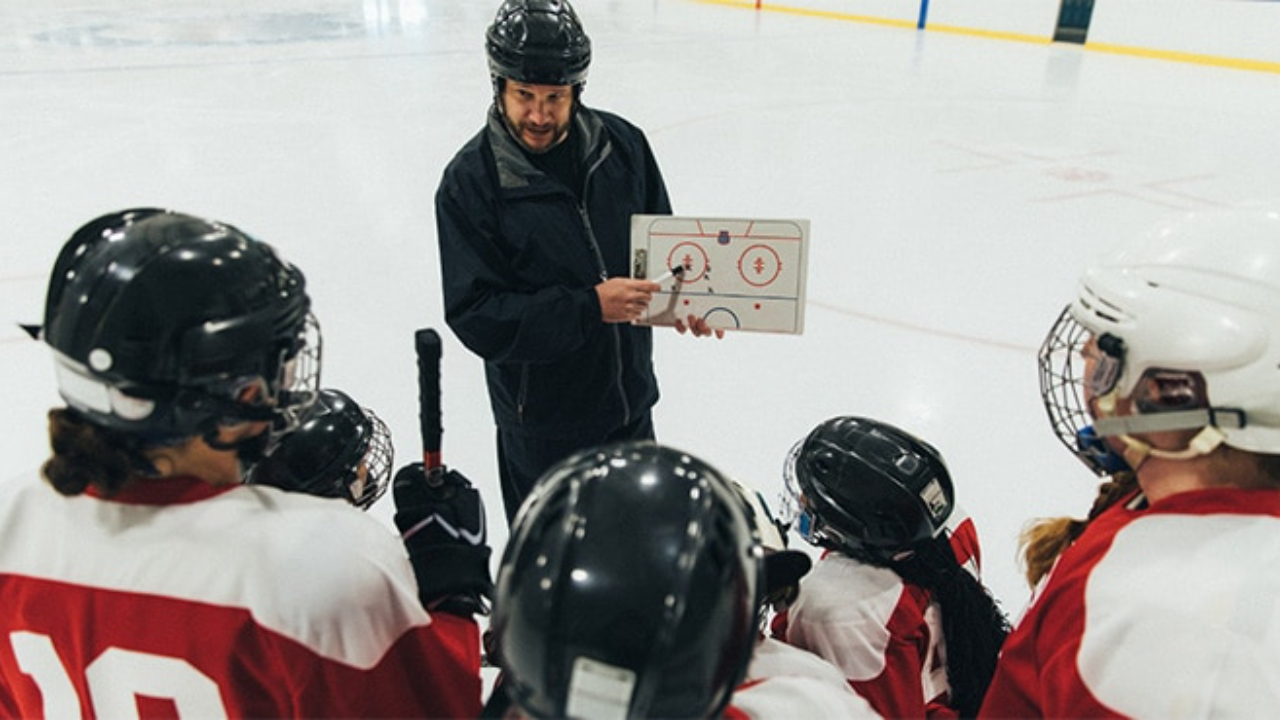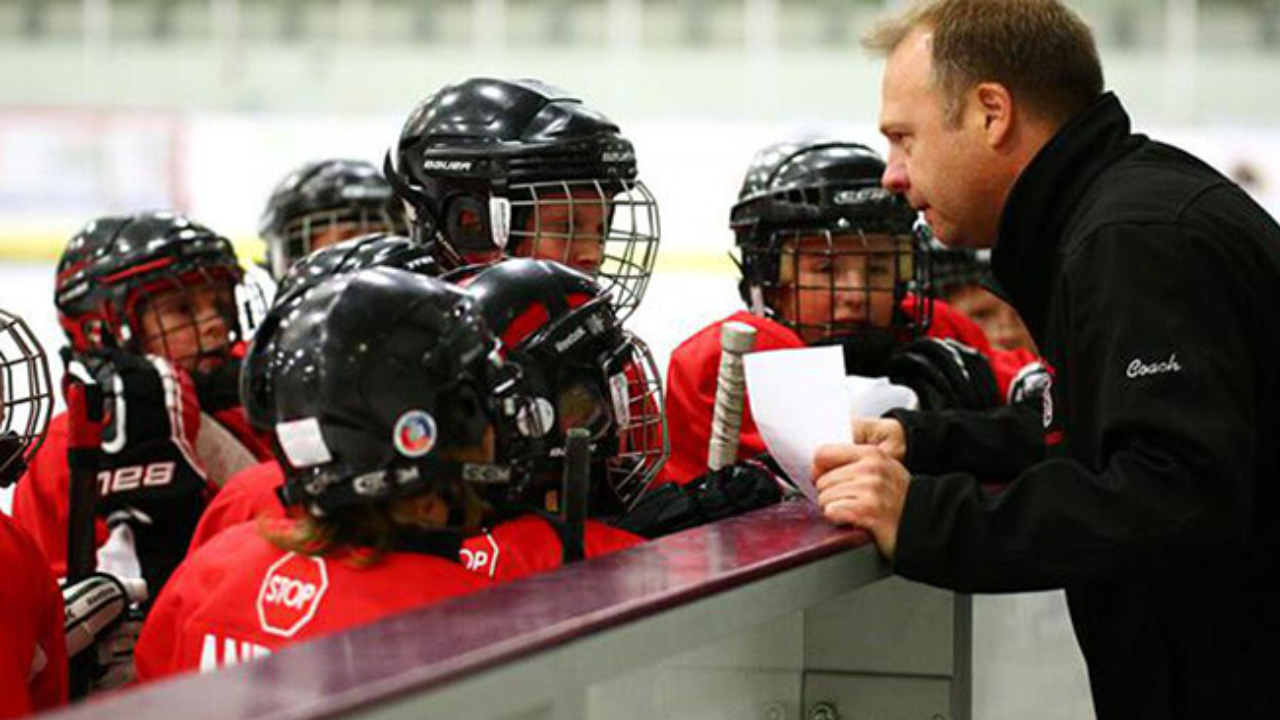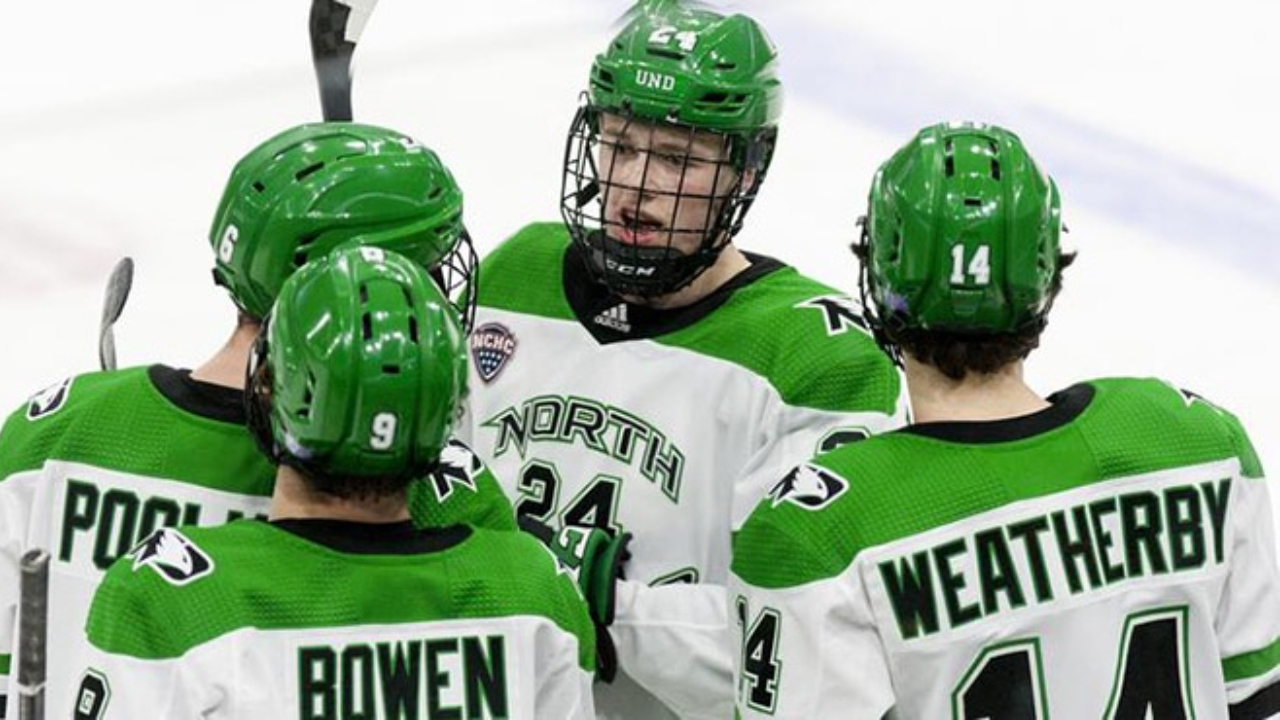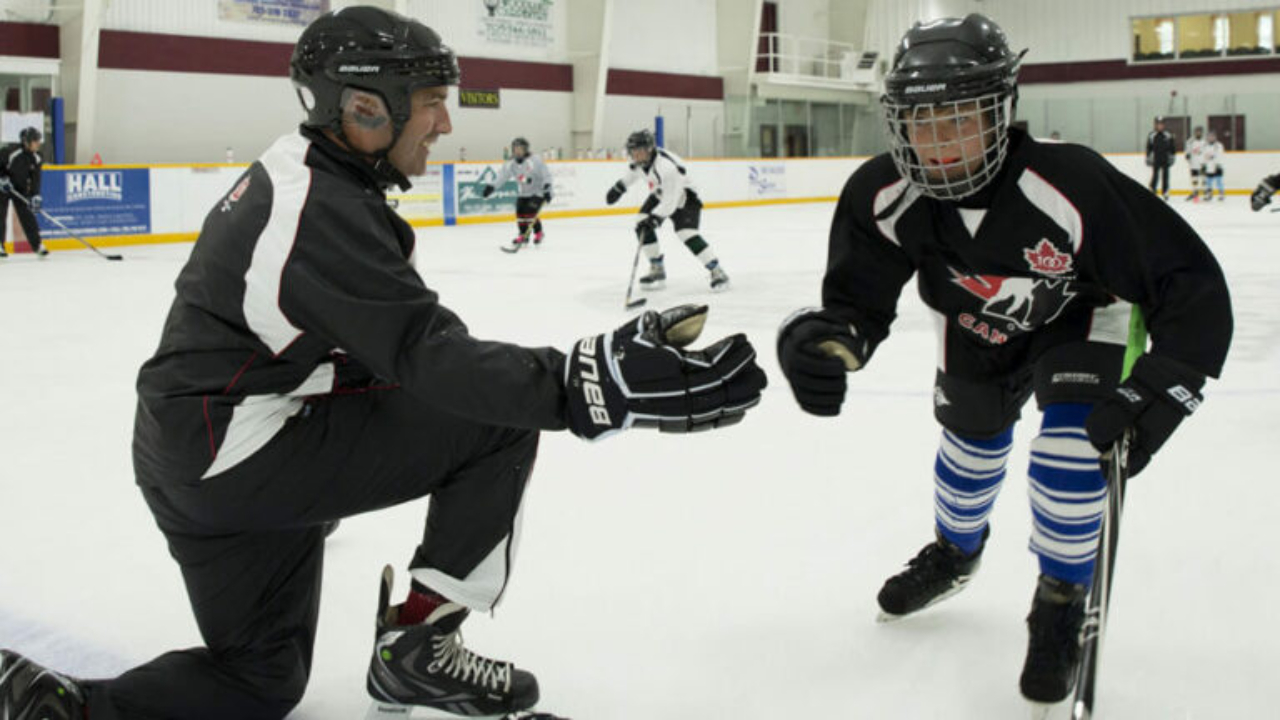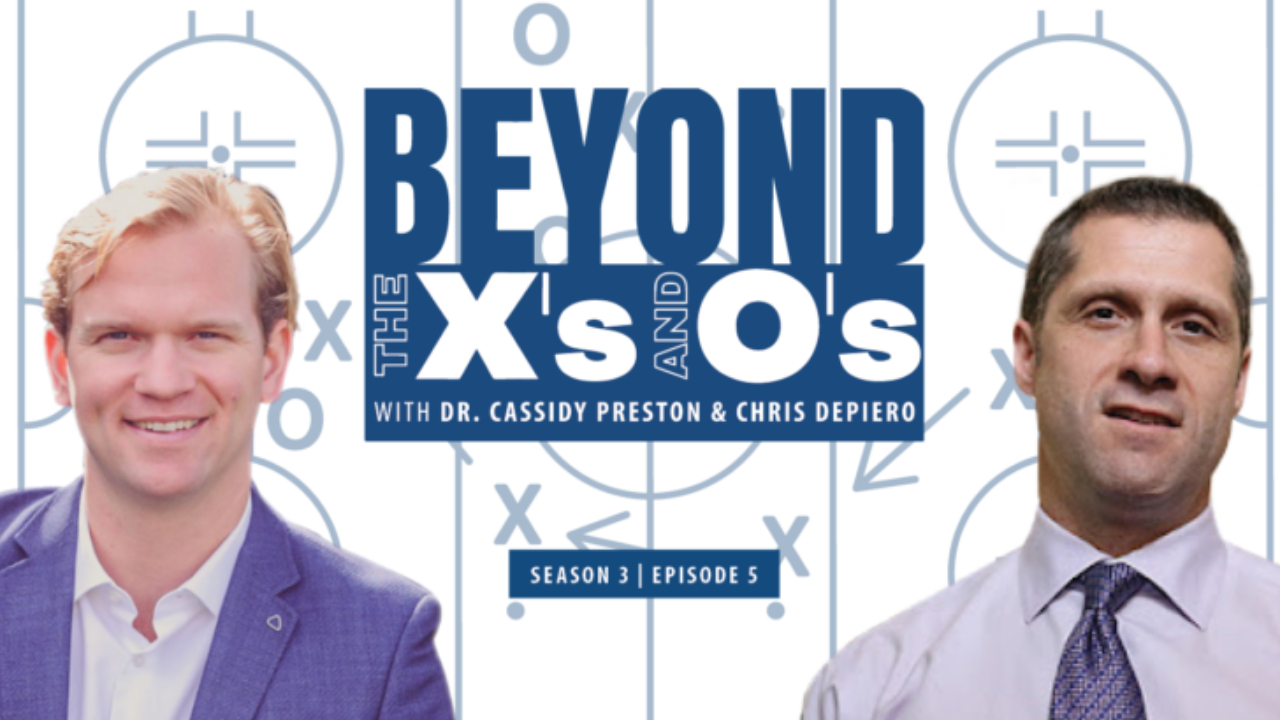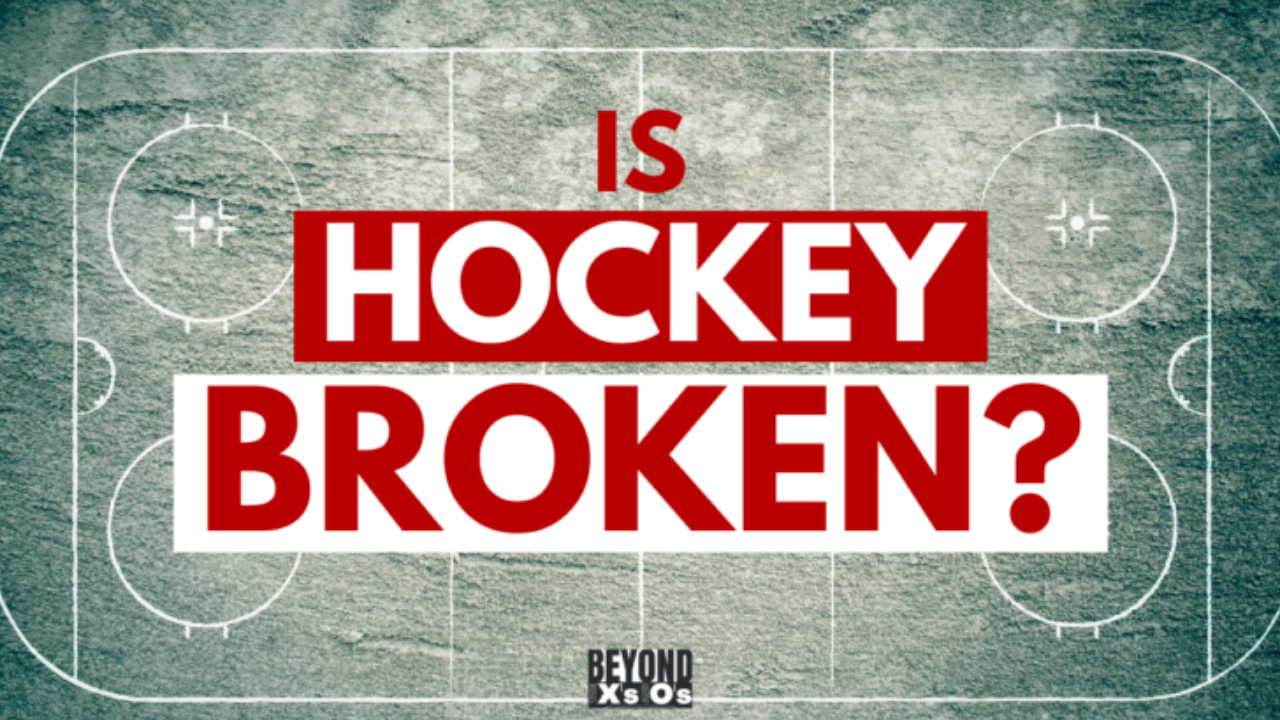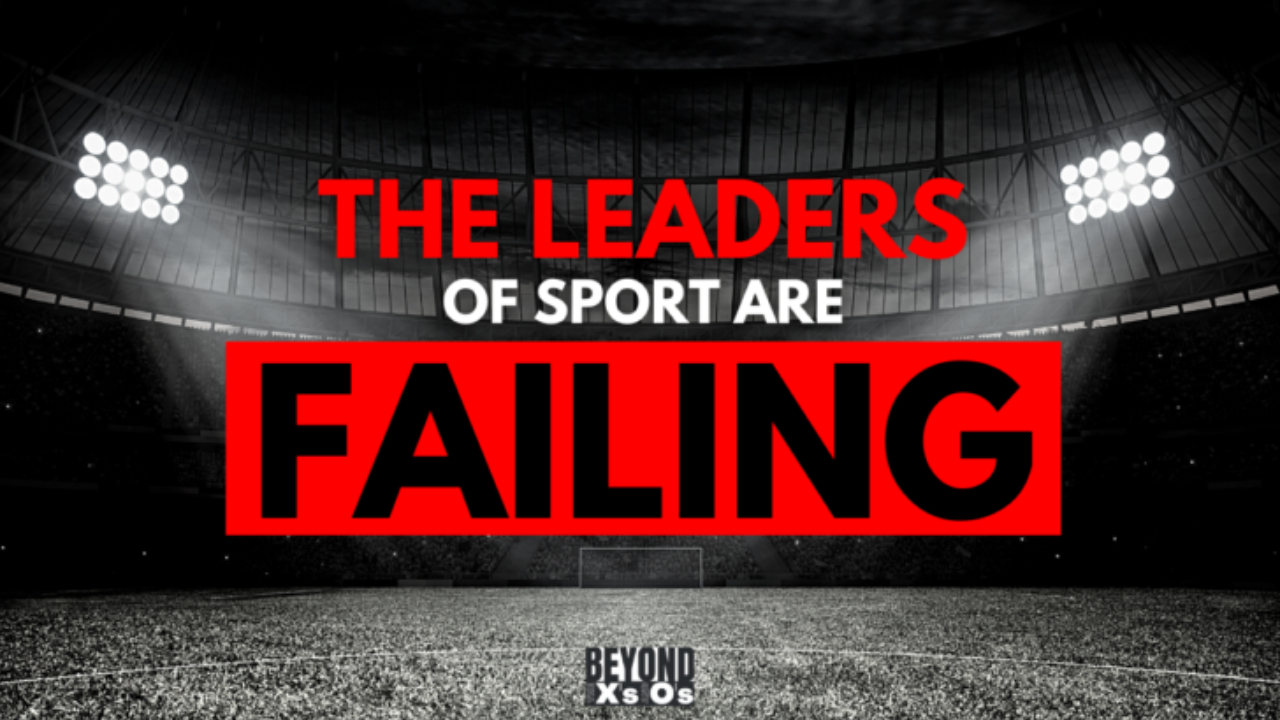
"Too many leaders are not doing enough to help make the sports we love a better experience for all - and especially for our youth."
Subscribe: Apple Podcasts | Spotify
This assertion may be a little over the top, but Chris De Piero and I (Dr. Cassidy Preston) strongly feel it is warranted to say the leaders of sport are failing.
This episode of BXO’s is a follow-up to the ‘Is Hockey Broken?’ episode we recently did, which doesn’t just apply to hockey.
Although the episode received a lot of support, it was also criticized by many, which drove us to double down and create this episode.
People can and will disagree with us; we welcome those that oppose to share their take, but from our perspective it is clear that much of sport is not in a good place:
As a former elite athlete – I experienced emotional and physical abuse.
As a researcher – I examined the problems in sport through the critical lens of academia.
As a mental performance coach – I see the problems firsthand day-in and day-out.
The purpose of the last episode was to call on leaders to make more bold decisions and take action to improve hockey and all sports.
We are not saying that all leaders are failing, but we are saying that too many leaders are not doing enough to help make the sports we love a better experience for all – and especially for our youth.
I’m sure this won’t be too popular of an opinion with those in leadership positions.
Heck, I’m sure there will be some ‘powerful’ leaders that won’t like what we have to say.
But I’m not doing this to make friends or please people. I’m doing this because I think it is what needs to be done.
It’s Time to Shake Things Up.
Chris can attest to this, I was a bit of a shit disturber as a player; I liked to play hard, play on the edge, and get under the skin of the opponents. I loved to compete.
But as a Mental Performance Coach I’ve kept to myself, focused on helping my clients, building our coaching firm, and generally I have avoided going out of my way to step on anyone’s toes.
I won’t keep quiet anymore.
It’s time to shake things up – it’s time to be a shit disturber again.
This time it’s not fighting to win a game, but for the game as a whole, for our youth, and for the generations to come.
This is a fight I’m passionate about and I’m not afraid to mix things up, challenge the status quo, and step on some toes.
People might not like the headlines we are using, but I am not trying to be a ‘downer’ and perpetuate negativity – I am taking this stand because I know we can do better and the athletes and our youth deserve better.
Some people might not like my approach, but I’m playing to win, which means a better system and structure for the athletes.
Here are the three main reasons why the leaders of sport are failing:
Leaders are Afraid to Rock the Boat
Too many leaders continue to maintain the status quo instead of making bold decisions and taking action.
They are taking the easy way out.
It’s easier to just keep things the way they are, make minor efforts for change, or do performative acts to appear progressive.
I know numerous people who have met with the ‘leaders’ of high-level sport organizations. The consensus aligns with the few meetings we’ve had, the leaders are interested in improving sport but are not committed to making real change.
They blame the red tape and challenges of making changes, instead of making a stand, fighting to improve the sporting experience, and finding a way around or through the ‘red tape.’
There are a lot of ‘excuses’ and not a lot of results.
As such, the leaders don’t step on each other’s toes and don’t upset the ‘old-guard.’
But what we need is leaders with courage that are willing to rock the boat, step on some toes, and take bold action in order to shift the sporting structures and fight for a better sporting experience for athletes and especially for our youth.
Ignorance is not Bliss
Too many leaders are conveniently looking away so that they don’t have to do the hard work of addressing the problems.
When you see smoke you don’t look away and hope there is no fire.
We are not blaming current leaders in sport for the ‘fire.’ Most of them probably just inherited the current cultural norms and structural problems.
But we are challenging more leaders to take responsibility and accountability by doing something about it.
Denying or downplaying the current state of sport is simply being ignorant.
Fortunately great investigative reporting is making it hard for leaders to be ignorant of the problems.
For example, a couple recent stories that we make mention to in the episode include:
- The W5 episode with Rick Westhead on the U18 minor hockey player that died at a training camp.
- The Athletic article on the Harvard Women’s Hockey coach Katey Stone’s 27 year coaching career – titled: Hazing, Naked Skates and a ‘Mental-Health Hunger Games’
There are countless other reports across all sports.
But what might be most frustrating about these recent stories is the culture of silence in sport.
Incompetent Leadership Perpetuates the Culture of Silence
The culture of silence is where people know bad things are happening, but they either won’t speak up or don’t feel they can speak up and stop it.
If that doesn’t scream that the system is broken – I don’t know what will.
One of the most important ways to break the culture of silence is for leaders to make it safe for people to speak up.
But the problem is when people do speak up nothing changes.
This creates a culture of ‘why bother speaking up in the first place?’
For example, I strongly believe that the Athletic Director at Harvard should be fired. Katey Stone is still coaching despite the countless reports of the incredibly toxic culture she has created with the Harvard Women’s Hockey Team.
It’s not just Katey that is the problem, it is the organizations that protect her and her actions.
Heck, I’ll take it further and ask the question: does Harvard as whole not have higher standards, or does the NCAA league not care about the maltreatment of the athletes in the league?
It is clear in many situations the athletes don’t trust the organizations and the leagues to have their best interests at heart.
The governing bodies, associations, leagues, and institutions that control the structure and the system appear more concerned with looking good than doing what is right.
Instead of facing the problems head on, they keep sweeping the dirt under the rug in the name of winning, profits, or simply because of a lack of courage.
These people in power don’t want to rock the boat, they play ignorant to the problems, and as such they are FAILING as leaders and perpetuating a culture of silence.
Things are not going to get better, until more people in leadership positions make a stand for what is best for the athletes.
This doesn’t mean we need to rehaul everything from scratch, although that is idealistic. I do understand that practically, it would be impossible.
We need leaders to start making some decisions to help build a new model, system, and structure where athletes can feel safe to speak up and that they trust the leaders to have their best interest at heart.
This is about the leaders of the organizations, leagues, and sporting associations taking a more progressive and proactive approach instead of the reactive and performative measures that don’t solve the root of the problem.
Is there Hope?
There is certainly a lot of hope.
We have received a lot of support from the previous post.
I do believe that most people get it and want to do what is best for the athletes.
For example, at 9 am the day that the last post dropped, I got a call from a CHL general manager. It was a great discussion because he felt he was stuck between a rock and a hard place.
He doesn’t want to have to healthy scratch 16 or 17 year old players every night, but the system makes it difficult to avoid, especially when trying to compete for a league championship.
But he was adamant that he would support change to the structure, where the league focused on protecting the players by setting new rules and holding every team accountable to the same standards.
So, we have no doubt that people want change and will support it.
I am also aware that when leaders start to make these changes there will be resistance from the ‘old-guard,’ the ‘protectors,’ and simply the idiots that are uncomfortable with change, progress, and innovation.
But to me, that is exactly what makes humans so special – our ability to adapt, innovate, and evolve.
It is time for sport to evolve.
We are calling on the leaders to step up to the plate – be a leader, do your job, and do what is right for the athletes.


